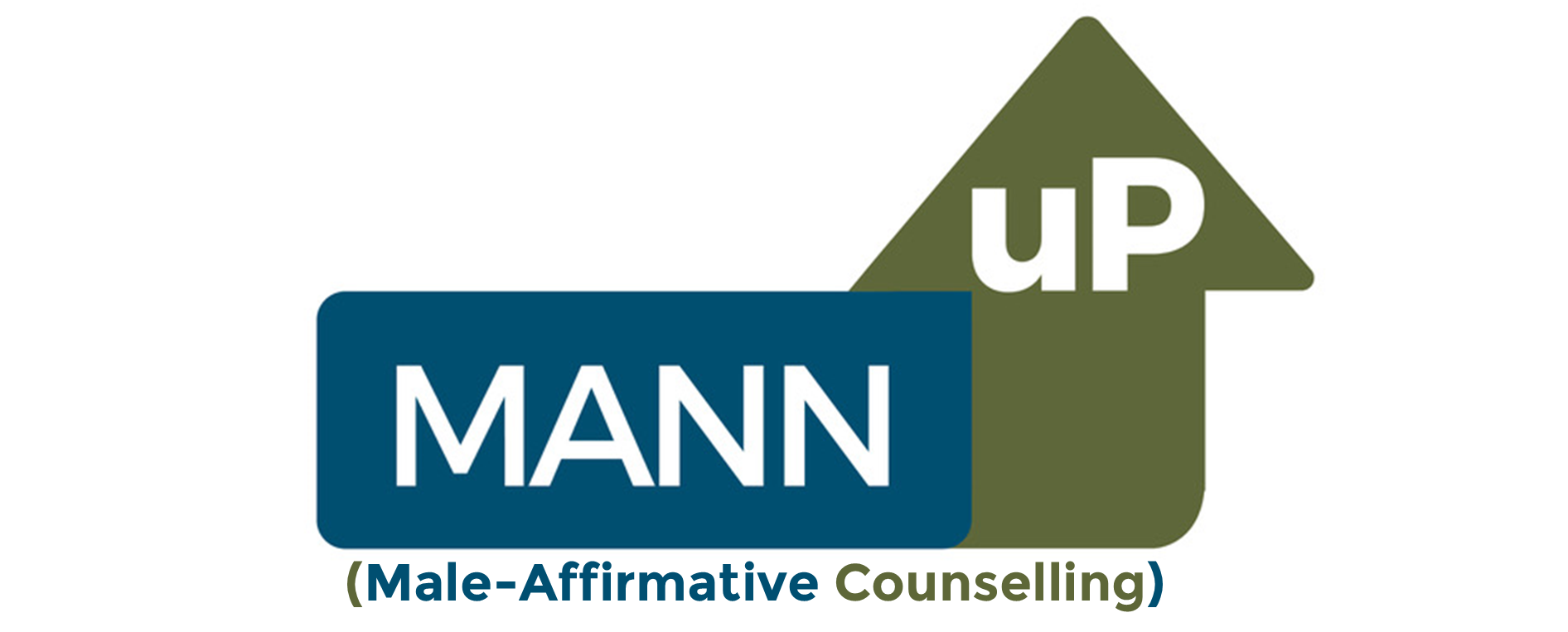 Testosterone is a hormone that is central to every male’s experiencing over their lifetime. Testosterone levels are a central driving force in your physical and sexual development, and can have a significant impact on your mood states.
Testosterone is a hormone that is central to every male’s experiencing over their lifetime. Testosterone levels are a central driving force in your physical and sexual development, and can have a significant impact on your mood states.
If your levels are out of balance not only can this adversely impact your body and sexual performance, it can also lead to the likes of depression and aggression.
What is Testosterone
According to the Health Direct website: “Testosterone is a sex hormone that is important in the development of male reproductive tissues such as the penis, testes and prostate. Males and females both naturally produce testosterone, though males produce far more testosterone than females. In males, most testosterone is made by the testes. In females, testosterone is made by the ovaries and converted to female sex hormones. Testosterone levels can vary greatly depending on your sex, age and health. In males, testosterone levels are usually highest at age 20.”
How it Connects to Male Wellbeing
The Healthline website notes: “Testosterone is most often associated with sex drive and plays a vital role in sperm production. It also affects bone and muscle mass, the way men store fat in the body, and even red blood cell production. A man’s testosterone levels can also affect his mood.”
As testosterone is connected to sperm production, the Medical News Today website highlights that not having adequate levels of it can lead to male infertility.
The Everyday Health website notes low testosterone levels can lead to:
- Reduced sex drive.
- Erectile dysfunction.
- Fatigue.
- Depression.
What Can Affect Your Testosterone Levels?
Age would seem to be one of the main things than can affect your testosterone levels. According to the NHS website testosterone levels start to naturally drop when men are in their thirties, and there is a steady decline of about 1% per year. Most males will barely notice this.
The HealthyMale website notes the likes of certain health conditions such as diabetes or cancer can affect your testosterone levels, as can being overweight or obese, and even your levels of sleep.
The Healthline website highlights that following can also negatively affect testosterone levels in men:
- Injury to the testicles.
- Chemotherapy treatment.
- Radiation treatment.
- AIDS.
- Kidney disease.
- Alcoholism.
- Cirrhosis of the liver.
Signs of Low Levels of Testosterone
So you may be experiencing symptoms of disruption in either your psychological, physical or relational parts of your life, and are wondering, could that disruption be down to your levels of testosterone being lower than they ideally should be?
The Cleveland Clinic website says to look out for changes such as:
- A reduced sex drive, and a presence of erectile issues.
- Shrinking testicles.
- Enlarged male breast tissue.
- Presence of a depressed mood, and poor mental concentration.
The Lloyds Pharmacy website also notes you may notice the likes of:
- Hair loss.
- Weight gain/loss.
- Fatigue.
If your levels are too low, you can undertake a course of treatment known as Testosterone Replacement Therapy (TRT). This is often done in conjunction with making other positive lifestyle changes.
Can Your Testosterone Levels Ever Be Too High?
In very rare cases, males can be born with or develop hypergonadism where levels of testosterone in the body are abnormally high.
The Healthline website notes this condition can trigger in boys:
- Early onset of puberty.
- Mood swings.
- Acne.
The VeryWellFamily website notes in adult males it can be indicated by:
- Adult acne.
- Aggression.
- Excessive hairiness.
- High blood pressure.
- High libido.
- Infertility and decreased sperm count.
 There are some males who may be artificially inflating their natural levels though use of anabolic steroids, a synthetic form of testosterone.
There are some males who may be artificially inflating their natural levels though use of anabolic steroids, a synthetic form of testosterone.
The likes of athletes or sportsmen may use then to enhance performance, or some males use them to ‘bulk up’ and increase their strength capacity for the likes of weightlifting.
The NHS website highlights that anabolic steroids are a class C drug which should only be issued with a medical prescription.
Their use can have significant adverse impacts on males including:
- Shrunken testicles.
- Hair loss.
- Increased risk of prostate cancer.
- Risk of blood clots, heart attack and stroke.
- Aggressive behaviour and mood swings.
Is There Such a Thing as the ‘Male Menopause’?
 The NHS website suggests that the term ‘male menopause’ can be an unhelpful one, as in general males do not tend to experience a sudden drop in hormone levels in middle-age similar to what occurs in the case of the female menopause.
The NHS website suggests that the term ‘male menopause’ can be an unhelpful one, as in general males do not tend to experience a sudden drop in hormone levels in middle-age similar to what occurs in the case of the female menopause.
However it does note that on occasion, some males can develop a condition in later life known as late-onset hypogonadism that can produce symptoms, but this is uncommon and is not usually a normal part of aging for males.
The NHS website points out though that there is a risk of men in the forties and fifties ‘chalking up’ symptoms they are experiencing such as mood changes, loss of sex drive and body changes to the ageing process and the ‘male menopause’, rather than considering and getting checked out, other potential causes such as mental health issues, lifestyle choices and other physical health conditions.
The takeaway would seem to be if you notice significant changes in your moods, sex drive or body, don’t just put it down to ageing and going through the ‘male menopause’, get it checked out.
How to Get Your Testosterone Levels Checked
Ideally your first port of call if you are worried about your testosterone levels (either being too low or too high) should be your doctor.
Testosterone levels are checked via a blood test.
Prepare for your consultation with your doctor by taking some time to write down all the symptoms you feel may be connected to your testosterone levels, including how long you have been having those symptoms for, and how severe they are.
Don’t be embarrassed about any of the more ‘intimate’ symptoms such as erectile issues, your doctor is a medical professional, and the more they know, the better they can help you.
You could also consider going to a private health clinic to get tested such as Randox Health, or there are even some home test kits available from the likes of Superdrug, Numan and Medichecks.
However if you pursue the home testing route, you may still need to engage with a medical professional to work out a course of treatment such as TRT, and to get guidance of associated lifestyle changes.
Self-Help for Testosterone
 If you are experiencing symptoms that could be connected to low or high levels of testosterone, there is no harm at all in seeking a medical consultation to get it established or ruled out.
If you are experiencing symptoms that could be connected to low or high levels of testosterone, there is no harm at all in seeking a medical consultation to get it established or ruled out.
Either way, making positive lifestyle changes such as taking more exercise, losing weight, getting a better night’s sleep, and staying clear of anabolic steroids can only be good for you.
If you are experiencing sexual performance issues, consider if the reason for those could be psychological, or stress related, rather than down to your testosterone levels.
If you are experiencing feelings of intense low mood, explore if your mental health state is down to trauma in your past, or discontentment with how your life is now, or how it is shaping up for the future.
How MANN uP Can Help
If you are living with the likes of sexual dysfunction, infertility, or low mood, our personal programmes can help you discuss the range of factors that might be contributing into this state, and what you can potentially do to improve things.
Your programme will give you a confidential, respectful and supportive space to share the impacts on you, and help you explore what you might like to do about it.
